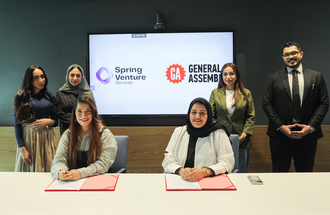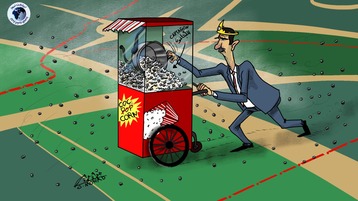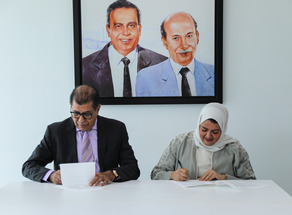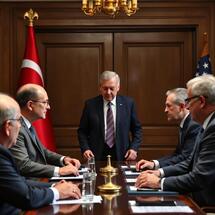-
The 1988 Massacre of Political Prisoners in Iran
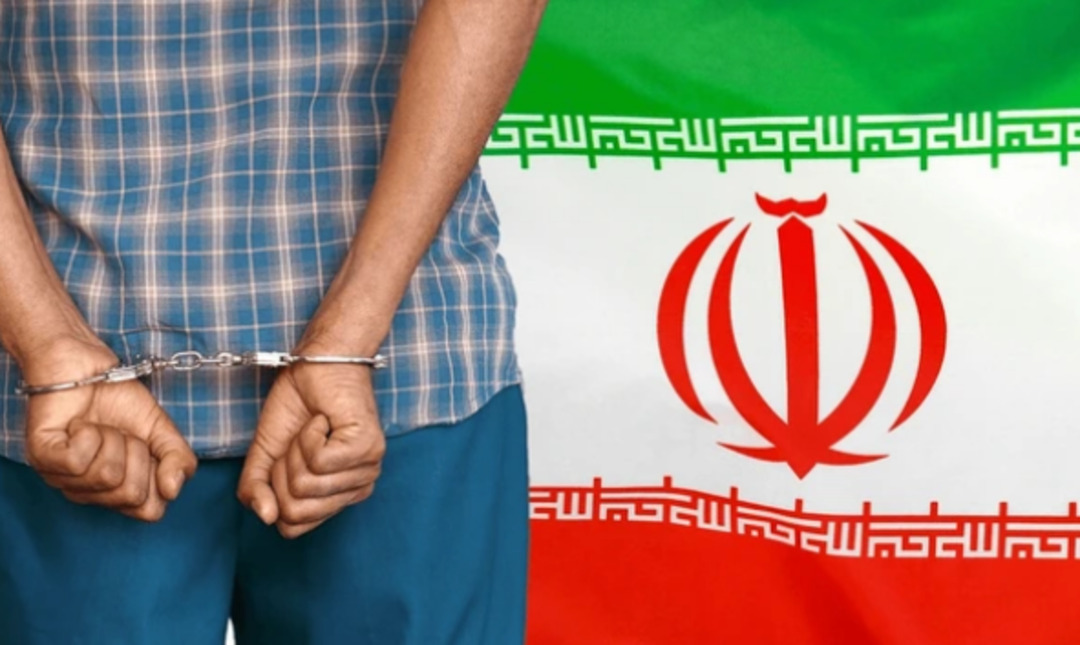
The 1988 Massacre of Political Prisoners in Iran
The 1979 revolution marked the end of the Shah's autocratic rule in Iran and the beginning of a new chapter in the Iranian people's struggles. Eager for freedom and liberation from tyranny, the Iranian people sought to bring the spring of freedom to Iran.
However, this spring soon turned into a cold autumn and winter as the clerics hijacked the revolution, shattering all hopes. Freedom vanished, and prisons, chains, torture, and executions spread across the country. The corrupt, thieving, and criminal mullahs quickly crushed those brief moments of beautiful victory, leading to widespread poverty and misery.
The brutality of the clerical regime reached its peak in 1988 when it killed over 30,000 political prisoners, most of whom were members and supporters of the People's Mujahedin Organization of Iran (PMOI/MEK). This massacre was carried out following a fatwa issued by the regime's leader, Ruhollah Khomeini, who explicitly stated that anyone proven to support the PMOI/MEK should be executed.
The executions were carried out swiftly without any legal procedures. Prisoners were brought before a group of judges known as the "Death Committee" and asked a simple question: Would they renounce their support for the PMOI/MEK? Those who refused were immediately taken to the gallows. More than 30,000 political prisoners, aware of their impending fate, stood by their beliefs and set a remarkable example of resistance that continues to inspire today's youth.
The Justice Movement
The regime has made every effort to hide and deny the 1988 massacre for decades. However, after three decades of persistent efforts and exhausting campaigns by the Iranian Resistance and Maryam Rajavi, the elected President of the National Council of Resistance of Iran, substantial evidence about this crime against humanity has been gathered, and the wheels of justice are turning.
A large number of witnesses, lawyers, experts, international figures, institutions, and human rights organizations have been engaged in documenting and gathering the evidence needed to support the case for "genocide" and "crimes against humanity."
The Silent Voice of Those Drowned in Blood
Now, after more than three decades of relentless struggle and the adoption of resolutions that explicitly and implicitly reveal the countless crimes committed by the ruling religious fascism in Iran, Javaid Rehman, the UN Special Rapporteur on the situation of human rights in Iran, has issued a historic report at the end of his mandate.
read More:
Strengthening Russian-Iranian Cooperation After the Assassination of Ismail Haniyeh
In his report, the UN Special Rapporteur calls for the establishment of an international mechanism to investigate and prosecute those responsible for the "brutal crimes" in Iran, including the unlawful killings of thousands of arbitrarily detained prisoners and their suppression in the 1980s. He describes these brutal crimes, including the hasty, arbitrary, and extrajudicial executions in 1981, 1982, and 1988, as "crimes against humanity" and "genocide," emphasizing that these crimes involve the continued concealment of the fate and whereabouts of thousands of political dissidents. The forced disappearances and the unknown locations of their remains also constitute crimes against humanity.
According to the report: "The Special Rapporteur notes that the reported 'brutal crimes' occurring across Iran are the worst and most egregious human rights violations in living memory under the new financially distressed administration of the Iranian regime."
Levant: Saeed Abed
Levant News
You May Also Like
Popular Posts
Caricature
BENEFIT Sponsors BuildHer...
- April 23, 2025
BENEFIT, the Kingdom’s innovator and leading company in Fintech and electronic financial transactions service, has sponsored the BuildHer CityHack 2025 Hackathon, a two-day event spearheaded by the College of Engineering and Technology at the Royal University for Women (RUW).
Aimed at secondary school students, the event brought together a distinguished group of academic professionals and technology experts to mentor and inspire young participants.
More than 100 high school students from across the Kingdom of Bahrain took part in the hackathon, which featured an intensive programme of training workshops and hands-on sessions. These activities were tailored to enhance participants’ critical thinking, collaborative problem-solving, and team-building capabilities, while also encouraging the development of practical and sustainable solutions to contemporary challenges using modern technological tools.
BENEFIT’s Chief Executive Mr. Abdulwahed AlJanahi, commented: “Our support for this educational hackathon reflects our long-term strategic vision to nurture the talents of emerging national youth and empower the next generation of accomplished female leaders in technology. By fostering creativity and innovation, we aim to contribute meaningfully to Bahrain’s comprehensive development goals and align with the aspirations outlined in the Kingdom’s Vision 2030—an ambition in which BENEFIT plays a central role.”
Professor Riyadh Yousif Hamzah, President of the Royal University for Women, commented: “This initiative reflects our commitment to advancing women in STEM fields. We're cultivating a generation of creative, solution-driven female leaders who will drive national development. Our partnership with BENEFIT exemplifies the powerful synergy between academia and private sector in supporting educational innovation.”
Hanan Abdulla Hasan, Senior Manager, PR & Communication at BENEFIT, said: “We are honoured to collaborate with RUW in supporting this remarkable technology-focused event. It highlights our commitment to social responsibility, and our ongoing efforts to enhance the digital and innovation capabilities of young Bahraini women and foster their ability to harness technological tools in the service of a smarter, more sustainable future.”
For his part, Dr. Humam ElAgha, Acting Dean of the College of Engineering and Technology at the University, said: “BuildHer CityHack 2025 embodies our hands-on approach to education. By tackling real-world problems through creative thinking and sustainable solutions, we're preparing women to thrive in the knowledge economy – a cornerstone of the University's vision.”
opinion
Report
ads
Newsletter
Subscribe to our mailing list to get the new updates!

